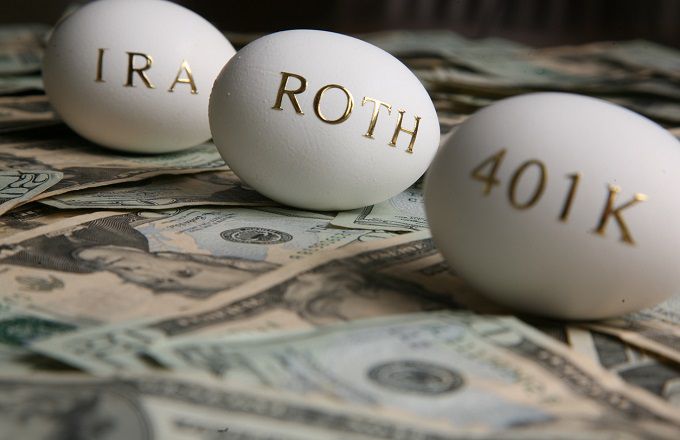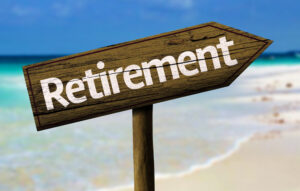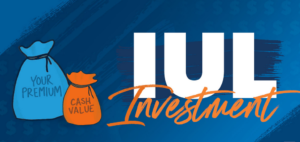There isn’t much that can compare to a 401(k) plan when it comes to retirement savings. Your savings might be significantly increased by the large contribution limits and employer match. Even so, just one-third of private sector employees in the U.S. have access to work-based benefits, and even then, many employers do not provide a match. The good news is that even without a 401(k), you can retire with a million dollars.
How Can Investors Finance Their Own Future?
IRAs, or individual retirement accounts
A tax-advantaged account that holds investments of your choosing is known as an individual retirement account (IRA). The primary distinction between standard and Roth IRAs—which come in two different flavors—is when taxes are due.
Conventional IRAs
Traditional IRAs offer a one-time tax advantage. When you submit your yearly tax return, you can deduct your donations. Money in the account increases without paying taxes. However, if you withdraw money during retirement, you must pay conventional income taxes on it.
Accounts for Taxable Investments
A taxable investment account, often known as a non-retirement account or brokerage account, is another choice to take into account if your IRA and HSA are both at their maximums. No tax benefits, including as deductible contributions or tax-free growth, are provided by these accounts. However, there’s a chance that you’ll make more money than if you kept the additional money in a typical savings account.
Naturally, investments with larger potential returns also carry bigger dangers, so when determining how much risk to accept, you must consider your risk tolerance and time horizon.
Investments in real estate
Investing in real estate is another method to save for retirement. You might already have access to the real estate market through a mutual fund, ETF, or REIT if you have an IRA or brokerage account.
You can own real estate outright to provide an income stream throughout your retirement years if you don’t want to invest in REITs. For instance, if you purchase a multi-family house, you can rent out one half and live in the other. By doing this, you can actually lower your overall living costs while still making mortgage payments.
In the future, you can choose to keep the property rented out and earn a consistent income from rent. As an alternative, you might sell the house (preferably at a profit) and use the money for investments or living costs.
Put money into a small business
Buying a small business can also help you achieve your retirement objectives. Making a small business investment need not result in ownership of the company. You can become a silent partner in an established business if you don’t wish to steer the ship.
Small business profits are not capped, whether you want to start your own business or invest, and they have a higher potential return on investment (ROI) than other options. These investments are undoubtedly fraught with danger. There is no assurance that the time or money you put into a small business will eventually yield a sizable return. Choose carefully.
CONCLUSION;
Even though not having a 401(k) can be quite detrimental to your retirement savings efforts, you don’t necessarily have to retire indigent.
To have the retirement you want, you can take advantage of different savings and investment schemes. To increase your chances of reaching your retirement savings target of $1 million, start saving as soon as you can. To avoid unpleasant shocks in your later years, be sure you are aware of the limitations on how much you can save and the tax treatment of your contributions.



